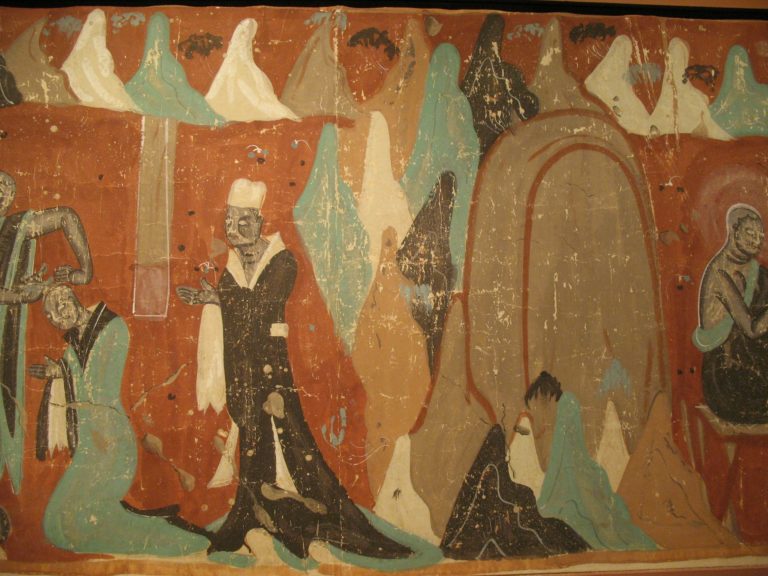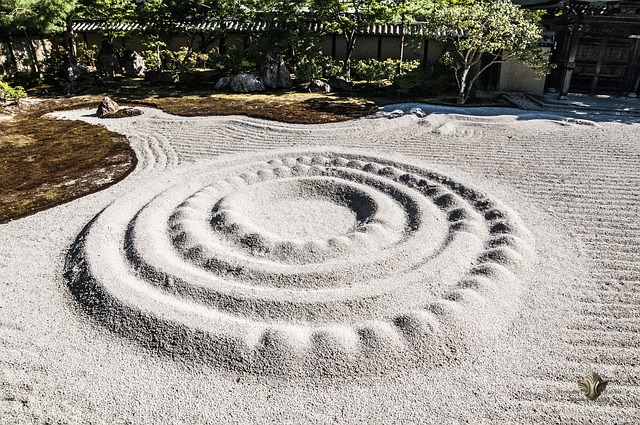
Love and affection are infinitely valuable. There are various levels of love and affection that we can aspire to. Some people describe how people love this way: Young people love with their words, middle-aged people love with their actions, and elder people love with their hearts.
This means that as we age, our love matures. Spiritual development also deepens and expands our love.
Love starts at home. We love our spouse, our children, and our siblings. From here, we extend our love to our relatives and friends. Further, our love encompasses all human beings and then all beings. From a possessive kind of love, love matures into a giving kind of love, and finally into the enlightened love that bodhisattvas and Buddhas have for everyone. This kind of love is the great compassion that is described by the saying: “I will not seek pleasure just for myself. I long for all sentient beings to be free of suffering.”
Love is like water. On the one hand, it can nurture our lives; on the other hand, it can drown us. Thus, if we do not know how to love properly, love can bring us many problems and ruin our lives. If we are ordinary and selective about whom we love, instead of embracing all beings, the vast dimensions of love are hardly actualized. How do we love properly? Let me offer the following four guidelines:
- Love wisely—We should use our wisdom to purify our love.
- Love compassionately—We should use our compassion to manifest our love.
- Love in accordance with the Dharma—We should use the Dharma to guide our love.
- Love morally—We should use morals and ethics to direct our love.
Love is such an important subject of our lives. How do we love selflessly and offer our love to all? How do we transform a possessive love to a giving love, to a love for the Dharma? How do we purify our love from one of discrimination to one of great compassion? How do we love in the spirit of this common saying: “Cultivate our loving-kindness without conditions, and ground our compassion on oneness”? How do we manifest the true potential of affinity? These are very important questions for us to ponder! When we seek to go beyond ourselves and offer our love and affection in service to the community, then our lives and the lives of others will be more rewarding and more joyful!
From Living Affinity, written by Venerable Master Hsing Yun.
Image from Pixabay.












